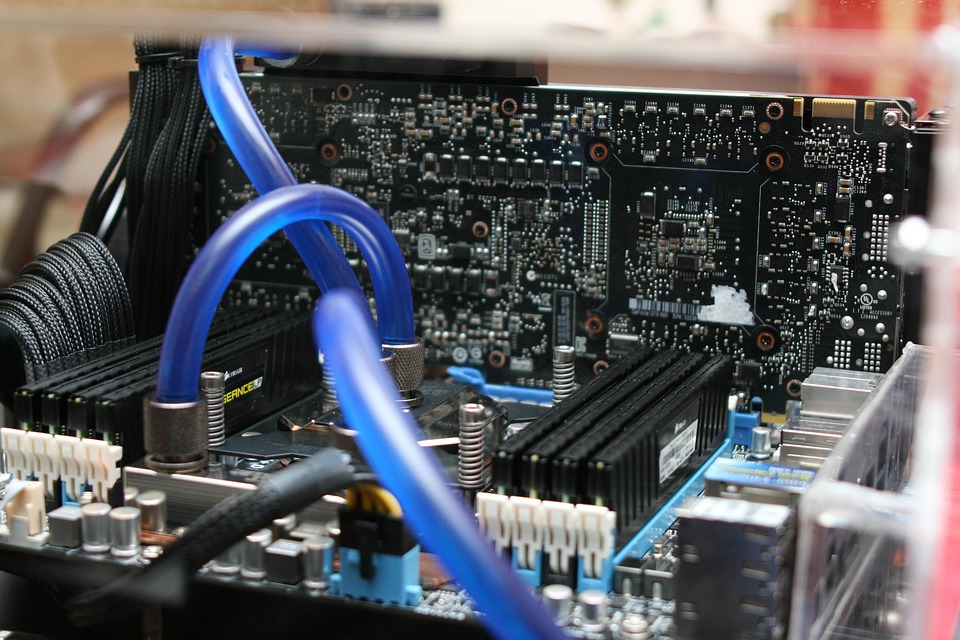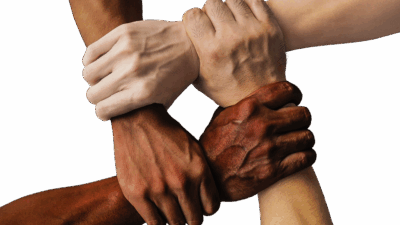Game modding, or modification, has transformed from a niche hobby into a robust form of creative expression, allowing players to enhance, change, or entirely reimagine their favorite games. Whether you’re interested in creating new levels, changing graphics, or crafting an immersive storyline, modding offers a unique way to share your vision with the gaming community. This article delves into the essentials of game modding, its history, tools, and tips to unlock your creative potential.
What is Game Modding?
Game modding involves altering a video game to create new content or improve existing features. Mods can range from simple cosmetic changes to elaborate total conversion projects that transform the entire game. Modding can be done for various platforms, including PC, consoles, and mobile devices, but it’s most common in PC gaming due to its open architecture.
A Brief History of Game Modding
Game modding has its roots in the early years of video gaming, with modifications emerging as players sought to enhance their gaming experience. The first notable mods appeared in the early 1990s with games like "Doom," which allowed players to create new levels and share them. Over the years, modding communities have blossomed, leading to iconic mods such as "Counter-Strike," which started as a mod for "Half-Life" and evolved into a standalone game.
Why Mod?
-
Creative Expression: Modding allows you to express your creativity, whether through designing levels, creating art, or scripting new gameplay mechanics.
-
Learning Opportunity: Modding can serve as an excellent introduction to programming, game design, and 3D modeling.
-
Community Engagement: By sharing your mods, you can connect with other gamers and modders, receiving feedback and building a network of like-minded individuals.
- Reviving Old Games: Modded content can breathe new life into older games, keeping them relevant and enjoyable for new players.
Getting Started with Game Modding
Step 1: Choose Your Game
The first step in your modding journey is selecting a game. Look for games that are known for a strong modding community and offer modding support, such as:
- Minecraft: Great for building and customizing gameplay.
- Skyrim: Offers extensive modding capabilities, from texture packs to complex quests.
- Garry’s Mod: Ideal for those interested in creating mini-games and custom content.
Step 2: Research Your Tools
Depending on the game you choose, you’ll need specific tools for modding. Below are some commonly used tools:
- Game Engines: Familiarize yourself with game engines like Unity or Unreal Engine if you’re interested in developing more complex mods.
- Level Editors: Many games, such as "Doom" or "StarCraft," come with level editors that allow you to design custom maps.
- 3D Modeling Software: Tools like Blender or Autodesk Maya are essential for creating custom models.
- Scripting Languages: Understanding Lua, Python, or C# can be beneficial for more complex mods that require programming.
Step 3: Join the Community
Engaging with the modding community can be incredibly beneficial. Join forums, social media groups, or Discord servers related to the game you’re modding. Here, you can find resources, tutorials, and feedback on your projects.
Step 4: Start Small
If you’re new to modding, start with small projects that build your skills. Create a simple character skin or modify the game’s graphical settings before moving on to more ambitious endeavors like a new quest or level.
Step 5: Learn as You Go
There’s no one-size-fits-all approach to modding. Be willing to experiment and learn from your mistakes. Online tutorials, documentation, and videos can be invaluable resources as you navigate challenges.
Tips for Successful Modding
-
Document Your Process: Keep track of your steps and changes. This will help you troubleshoot issues and improve your techniques over time.
-
Get Feedback: Share your mods with friends or the modding community to receive constructive criticism. Feedback can improve your work and inspire new ideas.
-
Collaborate: Consider working with others to combine skills and share knowledge. Collaboration can lead to innovative mod ideas and better outcomes.
-
Promote Your Work: Once you feel confident in your mod, share it on platforms like Nexus Mods, ModDB, or even social media. Engaging with the community can lead to a positive response and motivate further projects.
- Stay Patient: Modding can be challenging, and progress may be slow. Stay patient and persistent, and celebrate your achievements, no matter how small.
Conclusion
Game modding is a gateway to creativity, offering endless possibilities for those willing to explore. Whether you’re a budding designer, a seasoned programmer, or someone looking to inject new life into old games, modding provides ample opportunities for growth and expression. Remember, every great modder started at the beginning, so embrace the journey, learn from your experiences, and most importantly, have fun creating!


